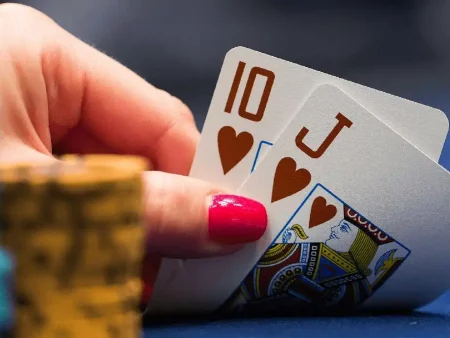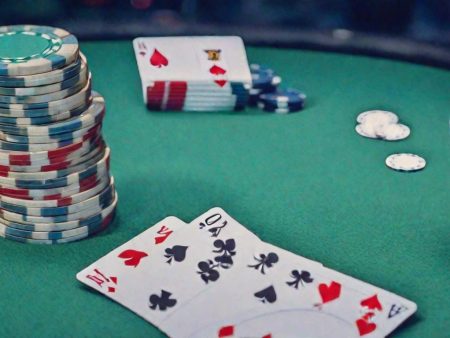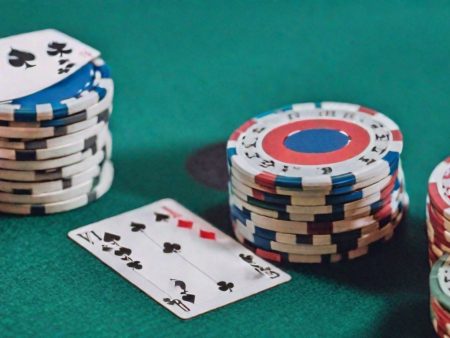In poker, the dealer is not merely a performer of routine tasks but a vital element ensuring the smooth flow of the game at the table. In the early forms of poker, when it was played informally among participants and not associated with casinos, the services of a dealer were less critical—players managed everything themselves. Today, the dealer’s role is indispensable in poker, including its virtual formats. The dealer’s importance in poker cannot be overstated. Their responsibilities extend beyond shuffling and dealing cards; they also manage the pot, monitor bets, and ensure fair play and order.
Historical Context: The Evolution of the Dealer’s Role
In the early days of poker, when the game was not tied to casinos, and players organized games themselves, the dealer was not considered essential. Participants handled all game functions on their own. However, as poker evolved and transitioned into online formats, the dealer’s role became pivotal. Even in a virtual environment, this specialist ensures order at the table and adherence to the rules. Much like registration bonuses and casino licensing build trust among players, the presence of a dealer reinforces confidence in the game.
Modern Realities: The Dealer in Online Poker
In online poker, where there is no physical dealer, a software algorithm assumes their duties. This algorithm manages card distribution, oversees bets, and maintains the game’s dynamics. The virtual dealer is not just a “machine” handing out cards but a regulator of the game’s atmosphere, fostering excitement and strategic gameplay. Controlling the pot and ensuring fairness are key tasks that promote transparency and prevent fraud.
Read also: What are the limits in poker.
Dealer’s Responsibilities: Key Duties
A dealer’s work involves strictly regulated actions to maintain order and fairness in the game. Their core responsibilities include:
- Shuffling the Deck: This is not merely procedural but a critical step to ensure unpredictability and engagement. Offline casinos often use shuffle machines to emphasize randomness.
- Dealing Cards: Cards are distributed to each player in a specific order, ensuring compliance with the rules of the chosen poker variation.
- Revealing Community Cards: The dealer adds intrigue by managing the burning of the top card and sequentially revealing the flop, turn, and river, highlighting the technical precision of their role.
- Overseeing Gameplay: From managing blinds to monitoring player actions and announcing bets, the dealer maintains order and prevents violations.
- Determining the Winner: After the river, the dealer announces winning combinations and resolves disputes in accordance with the rules.
- Managing Chips: Accurately counting chips during bets and all-in situations demands precision and professionalism to ensure a transparent game process.
The Dealer’s Skill Set: Combining Soft and Hard Skills
To succeed in a prestigious gambling establishment, a dealer must possess not only technical proficiency but also a range of professional qualities. Key aspects include:
- Diplomacy: Resolving disputes swiftly and impartially without causing conflict.
- Communication Skills: Maintaining polite interactions with players, even during losses, and responding respectfully to emotional reactions.
- Mathematical Acumen: Quickly calculating and announcing chip totals to keep the game flowing.
- Objectivity: Refraining from expressing personal opinions or offering advice on gameplay.
- Professional Knowledge: Thorough understanding of poker rules and combinations, allowing the dealer to identify winners promptly and accurately.
The Dealer’s Chip: Order Amid the Game
In casual home poker games, players often disrupt the card distribution sequence in their enthusiasm. To address this, the concept of the dealer’s chip was introduced. This small accessory designates the player responsible for dealing and rotates clockwise with each new round.
In casinos, where croupiers are also susceptible to human error, the dealer’s chip becomes essential. It provides a clear visual marker for the player starting a new round, ensuring indisputable order. Modern poker rooms use a similar concept with the “button,” strategically positioned before the small blind, which is considered the most advantageous seat.
Read also: What are connectors in poker?
Final Thoughts: The Dealer’s Pivotal Role
The dealer is not just an observer but a key participant who monitors bets and player actions, ensures proper card distribution, and maintains overall order. Their work demands strict adherence to rules, precise execution of duties, and quick responses to unexpected situations. In online poker, these responsibilities are fulfilled by algorithms, eliminating human error and ensuring automatic distribution of bets and winnings. If you’re looking for an online casino with a minimum deposit of just 1 USD, click the link and explore more insights about the gambling world in our blog. Want to master new casino strategies? Check out the best casino blog – featuring verified tactics and useful tips!
FAQ: Заготовка
What does a dealer mean in poker?
In poker, a dealer is the person responsible for managing the distribution of cards and overseeing the betting rounds. They ensure that the game runs smoothly, enforce the rules, and maintain the integrity of the game. In casinos, the dealer is typically an employee of the poker room, while in home games, the dealer is usually a player at the table.
What role does the dealer play in poker?
The dealer’s main role is to shuffle the deck, deal the cards to players, and ensure that all bets are placed correctly. They also manage the community cards (in games like Texas Hold'em) and determine the winner at the end of each hand. While the dealer is not involved in playing, they are essential for the flow and structure of the game.
Is the dealer involved in the betting process in poker?
No, the dealer does not participate in the betting process. Their responsibility is to manage the flow of the game and deal cards, but they do not make bets or decisions about the outcome of the hand. Players, not the dealer, make the strategic decisions about betting, folding, or raising.
What is the difference between a live dealer and an online dealer?
A live dealer is a real person who manages the game in a brick-and-mortar casino or a live-streamed online poker game. In contrast, an online dealer in a virtual poker room is typically a software program that automates the dealing of cards and manages betting rounds. Both types of dealers ensure the game is played according to the rules.
What is the “button” in poker, and how does it relate to the dealer?
The "button" is a marker that indicates the dealer’s position at the table in games like Texas Hold'em and Omaha. In casino games, the dealer usually rotates around the table, with each player taking turns as the dealer. In home games, the button determines who deals next. The player sitting directly to the left of the button is the small blind, and the next player is the big blind.
How does the dealer affect the pace of the game in poker?
The dealer plays a key role in maintaining the pace of the game. A skilled dealer ensures that the game progresses smoothly by dealing quickly, managing the betting rounds efficiently, and keeping track of pots. This helps to avoid delays and ensures that players stay engaged throughout the session.
Can the dealer make mistakes, and how are they handled?
Yes, dealers can make mistakes, such as misdealing cards or incorrectly managing the betting rounds. When mistakes happen, the dealer typically corrects them under the guidance of the floor supervisor or poker room staff. Players must remain patient and respectful, as dealers are trained professionals working to ensure fair play.






